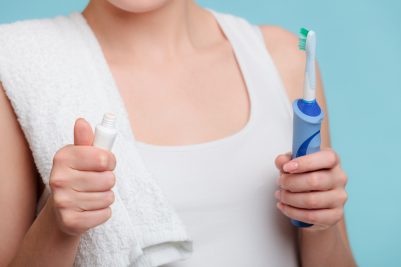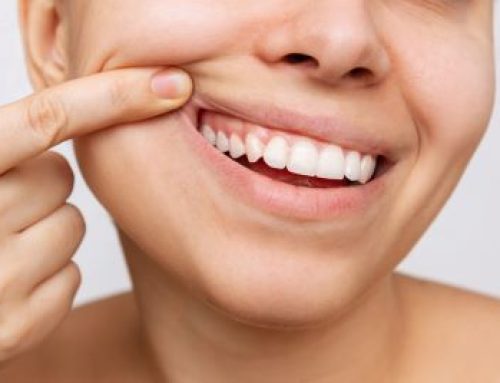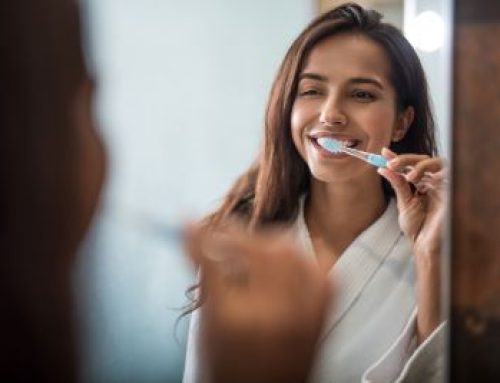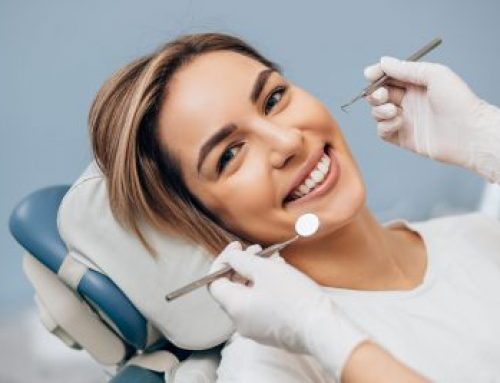 According to the American Dental Association (ADA), both electric and manual toothbrushes are highly effective at removing oral plaque that causes decay, infection, and other oral diseases. Electric and manual toothbrushes each have their advantages and disadvantages. Read more about the pros and cons to see which one might be more appropriate for you.
According to the American Dental Association (ADA), both electric and manual toothbrushes are highly effective at removing oral plaque that causes decay, infection, and other oral diseases. Electric and manual toothbrushes each have their advantages and disadvantages. Read more about the pros and cons to see which one might be more appropriate for you.
Advantages of using an electric toothbrush
Electric toothbrush bristles tend to vibrate and/or rotate. The vibration permits micro-movements each time you move a toothbrush across the teeth.
More effective at fighting plaque
Electric toothbrushes help fight plaque and gingivitis better than manual toothbrushes. Rotating toothbrushes work better than vibrating toothbrushes.
Easier for those with limited mobility
Electric toothbrushes are especially helpful for those with limited mobility like those with the following conditions:
● Arthritis
● Carpal tunnel
● Developmental disabilities
Equipped with built-in timers
A timer fit into an electric toothbrush can help brush more effectively. This helps to remove plaque from teeth and gums.
May cause less waste
When it is time for a brand new toothbrush, you can simply replace a toothbrush head. This way it is less wasteful compared to throwing away a manual toothbrush.
However, if you use a single-use electric toothbrush, you will have to replace it when it is time to do so.
Improves your focus while brushing
Users typically tend to be more focused when brushing teeth using an electric toothbrush. This improved overall experience could potentially improve how well you clean your teeth.
Enhances oral health in users with orthodontic appliances
Electric toothbrushes are helpful for users with orthodontic appliances like braces because it makes brushing easier.
Fun and engaging for children
Not all children are keen on brushing their teeth. If an electric toothbrush is more interesting and appealing to your child, it can help you accomplish and develop oral cleaning habits.
Safer for gums
Used properly, an electric toothbrush never hurts the gums or enamel but promotes overall oral health.
Disadvantages of Electric toothbrushes
● Electric toothbrushes tend to be more expensive than manual ones.
● New replacement brush heads come in packs of multiples and cost between $10 and $45. Fully disposable electric toothbrushes cost between $5 and $8 besides the cost of batteries.
● Finding the most appropriate replacement brush heads may not always be easy or convenient. Not all shops have them, and local stores may not keep products from the best brands. You can purchase them online, but this is not convenient for all. Besides, it is not a wonderful option if you require a new head immediately. You may stock up to last a year or more. However, this may incur more upfront costs.
● Electric toothbrushes may not significantly remove more plaque than manual toothbrushes. This does not mean that electric toothbrushes do not work.
● Toothbrushes with plug-in versions may not be a good option if you travel frequently and internationally.
● Even though electric toothbrushes produce less waste, they require batteries and electricity, they are relatively less eco-friendly than manual ones.
● Not everyone is comfortable with the vibration, either.
● Electric toothbrushes result in more movement of saliva, which can get messy.
Advantages of Using a Manual Toothbrush
Manual toothbrushes may not have bells and whistles found in electric toothbrushes, but they are still an effective tool for cleaning teeth and preventing gingivitis. If you are most comfortable sticking to a manual toothbrush, continue using one. But you will have to brush twice daily.
Enhanced accessibility
You can get a manual toothbrush at any store or pharmacy.
Increased affordability
Users are more likely to brush too hard and carelessly if they use a manual toothbrush. Brushing too hard can hurt the gums and teeth. Manual toothbrushes are cost-effective. You can get one for $1 to $3.
Disadvantages of Manual Toothbrushes
Using a manual toothbrush may make it difficult to know if you are brushing long enough as there is no built-in timer.
For Young children and toddlers
Experts recommend soft bristles and child-sized toothbrush heads for kids. The same advantages and disadvantages of each type of brush still apply.
Toddlers can use electric toothbrushes on their own, though it’s recommended that you supervise children as they brush their teeth to ensure that they spit out the toothpaste and do not swallow it.
Pro Tip:
For toddlers, do a second brushing to ensure that you have cleaned all areas of the mouth.
When to Replace a toothbrush
All toothbrushes need to be replaced every three to four months. You can replace it sooner if it looks frayed. With manual toothbrushes, the whole item needs to be replaced. With an electric toothbrush, you may only replace the removable head.
If you are looking for a dentist, HPS Advanced Dental Care would love to see you. Dr. Heather is gladly accepting new patients.
We are located at 4741 24 Mile Rd. Shelby Township, MI 48316, and we can be reached at (248) 652-0024. We look forward to meeting you!





